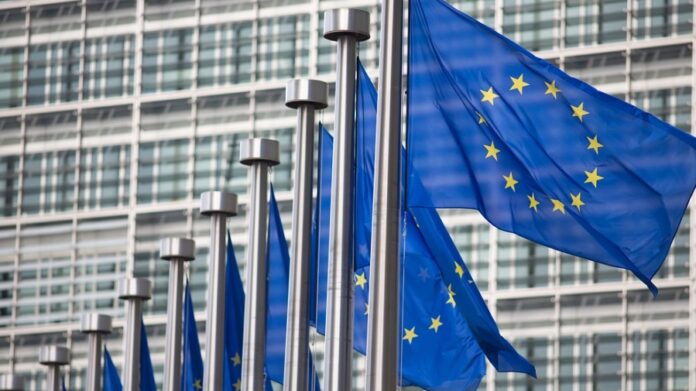The European Union plans to update its emissions-cutting target under the Paris climate accord, the EU climate policy chief told the COP27 summit on Tuesday, with the upgrade expected before next year’s United Nations summit, according to Reuters.
The announcement by the world’s third biggest polluter – after China and the United States – attempts to convince others that the 27-country EU is sticking to its commitments to fight climate change, even as it battles an energy crisis.
“The EU stands ready to update our NDC,” EU climate chief Frans Timmermans told the COP27 summit in Egypt, referring to the bloc’s Nationally Determined Contribution, or target to reduce emissions in line with the 2015 Paris agreement to curb global warming.
The EU has among the most ambitious climate change policies of major emitters, having committed to cut its net greenhouse gas emissions of 55% by 2030, from 1990 levels, and eliminate them by 2050.
EU countries and lawmakers are negotiating legislation to deliver those goals, which Timmermans said should be finished by the end of the year. An EU official said the bloc planned to then upgrade its target before next year’s U.N. climate summit in November 2023.
Ahead of COP27, the EU rushed through deals on three of the laws, including a 2035 ban on selling new fossil fuel cars. If implemented, those policies would cut EU countries’ net emissions by 57%, rather than 55%, Timmermans said.
EU policymakers say the use of more fossil fuel is temporary, and cite plans to expand renewable energy that the European Commission proposed making more ambitious this year to help countries quit Russian gas faster.
But the optics of European countries burning more coal and funding new projects to burn more gas – while at the same time urging poorer countries to wean themselves off the fuel – have led some countries at the COP27 summit to complain of backsliding on green goals.
Chancellor Olaf Scholz said in May Germany wanted to pursue gas projects with Senegal, which has billions of cubic metres of gas reserves – even after pledging last year to stop funding overseas fossil fuel projects.
The confluence of crises this year, from war in Europe to soaring inflation, has distracted many leaders’ attention from climate change. Nearly 200 countries agreed at last year’s U.N. climate conference in Glasgow to update their climate targets in 2022. So far, only around 30 have done so.


